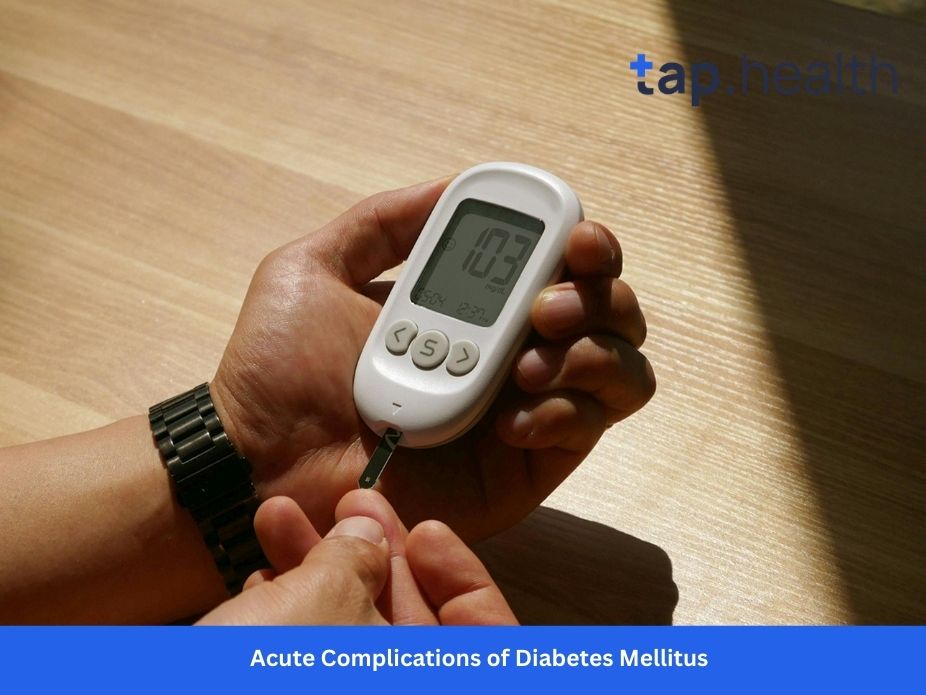Menstrual hygiene is vital for women’s health, helping to prevent infections, reduce discomfort, and promote overall well-being. By adopting proper hygiene practices, women can navigate their menstrual cycles confidently and minimize health risks. This article outlines key tips for maintaining menstrual hygiene, common infections to watch for, and practices to avoid, ensuring a healthy and positive menstrual experience.
Why Menstrual Hygiene Matters for Women’s Health
Menstrual hygiene refers to the practices used to maintain cleanliness during menstruation, a natural process where the uterine lining sheds, causing vaginal bleeding. Proper hygiene is critical to prevent infections, reduce irritation, and foster a sense of empowerment. Poor menstrual hygiene can lead to health issues like yeast infections or bacterial vaginosis, which can impact reproductive health if left unchecked.
Good menstrual hygiene also enhances comfort, reduces odor, and boosts confidence. By prioritizing hygiene, women can break free from stigma and embrace their menstrual cycles with ease. Education and open conversations about menstruation are key to dispelling myths and promoting healthy habits.
Understanding the Menstrual Cycle and Hygiene Needs
The menstrual cycle, typically lasting 28 days, involves four phases: menstruation, follicular phase, ovulation, and luteal phase. Each phase brings hormonal changes that affect the body, making hygiene practices crucial during menstruation. Using appropriate sanitary products like pads, tampons, or menstrual cups tailored to flow intensity ensures comfort and cleanliness.
Key hygiene practices include:
- Frequent product changes: Change pads or tampons every 4-6 hours to prevent bacterial growth.
- Hand hygiene: Wash hands before and after changing products to avoid introducing germs.
- Gentle cleansing: Clean the vaginal area with mild soap and water to maintain freshness without irritation.
Understanding these basics helps women manage their periods effectively and reduce infection risks.
Common Menstrual Infections and Their Causes
Yeast Infections and Bacterial Vaginosis
Two common infections during menstruation are yeast infections and bacterial vaginosis. Yeast infections, caused by an overgrowth of Candida fungus, lead to itching, burning, and abnormal discharge. Bacterial vaginosis results from an imbalance in vaginal bacteria, causing a fishy odor and discomfort. These infections are not sexually transmitted but can be triggered by poor hygiene, such as infrequent pad changes or using irritating products.
To prevent these infections:
- Change sanitary products regularly.
- Avoid scented pads or tampons that disrupt vaginal flora.
- Wear breathable cotton underwear to reduce moisture buildup.
Sexually Transmitted Infections (STIs)
Menstruation can increase susceptibility to STIs due to a slightly open cervix and hormonal changes that alter vaginal pH. These factors create an environment where bacteria or viruses can thrive. Using barrier methods like condoms and maintaining hygiene during sexual activity can significantly lower STI risks.
Top Tips for Maintaining Menstrual Hygiene
Hygiene Practices During Menstruation
Adopting simple habits during your period can prevent infections and enhance comfort:
- Change products frequently: Replace pads or tampons every 4-6 hours, or more often for heavy flow, to minimize bacterial growth and odor.
- Choose the right absorbency: Select products suited to your flow to prevent leaks and ensure comfort.
- Clean gently: Wash the vaginal area with water and mild, unscented soap to avoid irritation.
- Stay hydrated: Drinking enough water reduces bloating and eases menstrual cramps.
- Eat a balanced diet: Foods rich in fruits, vegetables, and whole grains support menstrual health by providing essential nutrients.
These practices promote cleanliness and overall well-being during menstruation.
Hygiene Between Menstrual Cycles
Maintaining hygiene between periods is equally important:
- Care for reusable products: Wash and dry menstrual cups or cloth pads according to instructions to prevent bacterial growth.
- Store products properly: Keep reusable items in clean, dry containers to maintain hygiene.
- Daily hygiene: Shower regularly and change into clean, breathable cotton underwear to support vaginal health.
- Avoid scented products: Skip perfumed soaps or sprays in the genital area to prevent irritation.
Consistent hygiene habits ensure long-term vaginal health and comfort.
Menstrual Products and Practices to Avoid
Harmful Menstrual Products
Not all menstrual products are safe. Avoid items with:
- Harsh chemicals or fragrances: These can cause irritation or allergic reactions.
- Expired or damaged products: These compromise hygiene and increase infection risks.
Opt for organic, hypoallergenic products like menstrual cups or cotton pads, which are safer and eco-friendly. Researching product ingredients empowers women to make informed choices for their health.
Unhealthy Practices to Steer Clear Of
Certain practices can harm menstrual health:
- Using unclean cloth pads: Homemade or poorly cleaned cloth pads can harbor bacteria.
- Douching: This disrupts vaginal flora, increasing infection risks.
- Unverified remedies: Avoid natural remedies without scientific backing, as they may cause harm.
Instead, rely on evidence-based practices and consult healthcare professionals for guidance.
Debunking Menstrual Hygiene Myths
Myths about menstruation can hinder proper hygiene practices. Common misconceptions include:
- Period blood is dirty: Menstrual blood is a natural bodily fluid, not impure. This myth fuels stigma and shame.
- Exercise is harmful during periods: Physical activity can reduce cramps and boost mood through endorphin release.
Open discussions and education are crucial to debunking these myths, fostering a positive attitude toward menstruation.
How to Promote Menstrual Health Awareness
Raising awareness about menstrual hygiene empowers women to prioritize their health. Schools, communities, and healthcare providers can:
- Educate about proper hygiene practices and product use.
- Provide access to affordable, safe menstrual products.
- Encourage open conversations to reduce stigma.
By fostering a supportive environment, society can help women manage their periods confidently and safely.
Conclusion: Empowering Women Through Menstrual Hygiene
Proper menstrual hygiene is essential for preventing infections, enhancing comfort, and promoting confidence. By understanding the menstrual cycle, adopting healthy hygiene practices, avoiding harmful products, and debunking myths, women can take control of their menstrual health. Education and awareness are key to breaking taboos and ensuring women have the tools and knowledge to maintain hygiene effectively.
Embrace these tips to navigate your menstrual cycle with ease and prioritize your well-being. For personalized advice, consult a healthcare professional to address specific concerns and maintain optimal reproductive health.



